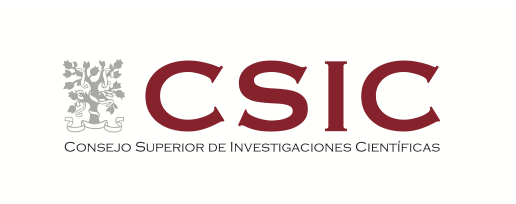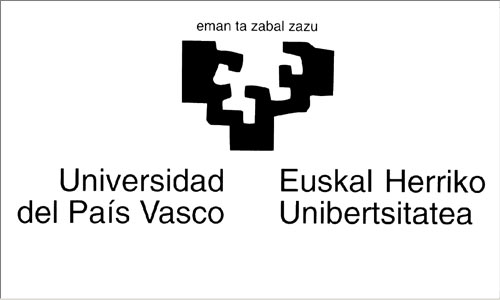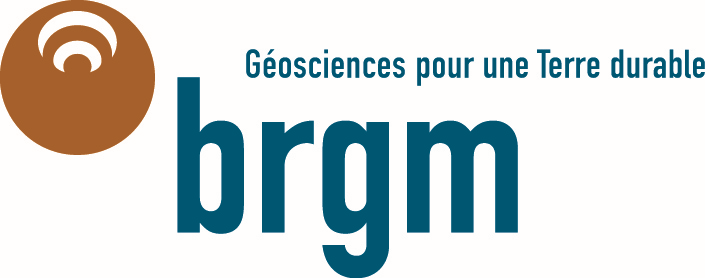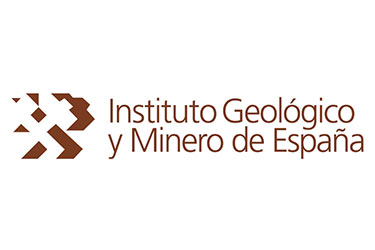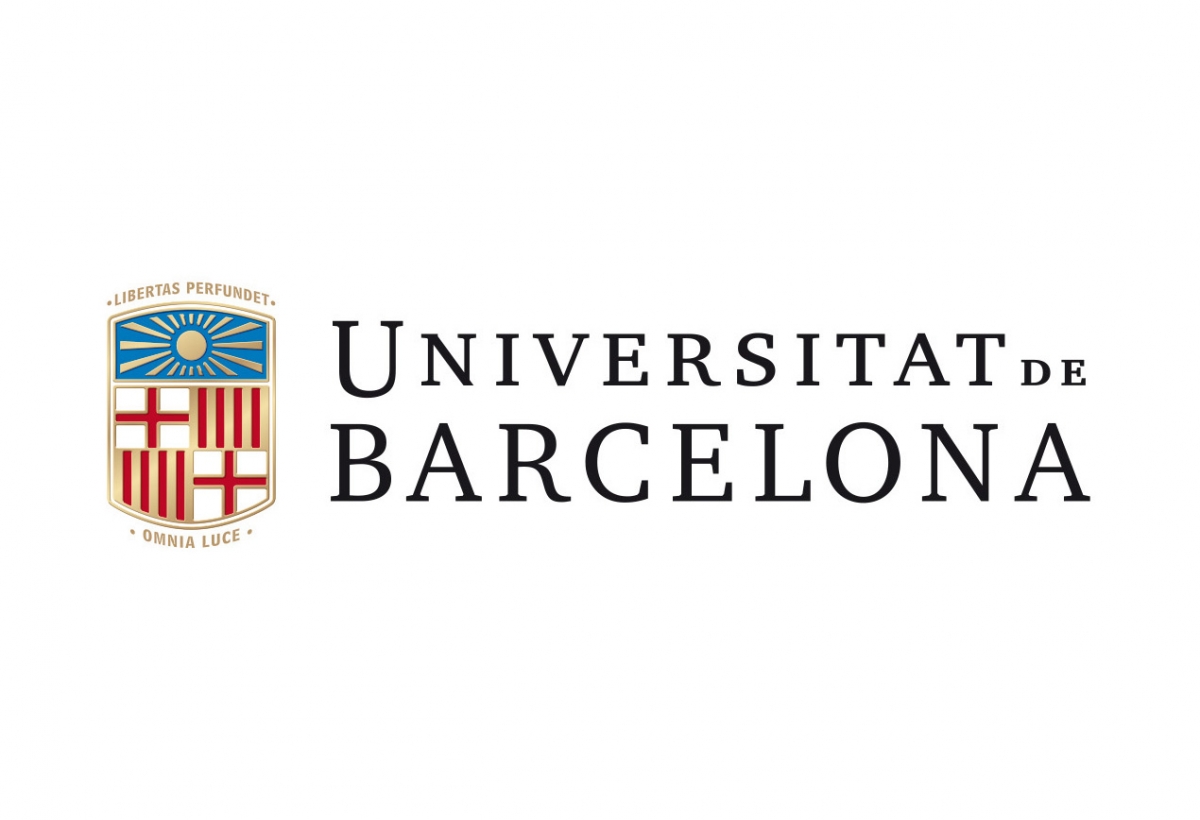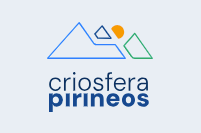1. Challenges of the project
The Pyrenees, a mountain range stretching from the Atlantic to the Mediterranean and the territory of the POCTEFA Programme, is particularly vulnerable to climate change. This crossborder territory feeds the run-offs and recharge zones of the region's main catchment basins and aquifers and is the main source of water resources for the POCTEFA territory.
PIRAGUA addresses the characterisation of the hydrological cycle in the Pyrenees in order to improve the adaptation capacity of the territories to the challenges imposed by climate change and to support the investment aimed at adapting water resource management to climate change. PIRAGUA is aligned with the strategy of crossborder cooperation of the Pyrenean Climate Change Observatory (OPCC), and develops actions focused on:
- Improvement of knowledge and the development of regional databases;
- Establishment and monitoring of key indicators;
- Elaboration of future scenarios of availability water resources;
- Development of pilot experiences in the fields of reservoir management, forest exploitation and others;
- Estimating the costs associated with climate change;
- Development of recommendations on sectoral adaptations;
- Transfer of the results to the actors involved in the management of water resources in the territories of the POCTEFA programme.
The territorial challenges addressed by PIRAGUA are in line with the objectives of the 2nd Action Plan of the Pyrenean Climate Change Observatory (OPCC) regarding the WATER axis:
- To carry out a JOINT CHARACTERISATION OF THE WATER RESOURCES of the Pyrenees which will make it possible to know the evolution of surface and ground waters and their variations.
- To know better WATER RESOURCES ARE USED in the Pyrenees, on the scale of the entire POCTEFA territory.
- To quantify FUTURE PYRENEAN WATER RESOURCES, based on different climate change scenarios.
To Identify and propose ADAPTATION ACTIONS TO CLIMATE CHANGE in relation to water resources.
Although the first three challenges are already addressed by the different water resource management organizations (associate members of the project), there is currently no comprehensive and harmonized assessment of the entire Pyrenean territory. PIRAGUA will compile, homogenize and complete the existing information with a common, multidisciplinary and crossborder methodological approach, prospecting as well the future scenarios.
The fourth challenge will be tackled on the basis of case studies in collaboration with local actors, and will make it possible to propose and validate concrete adaptation actions in different economic sectors, underlining the connections between headwaters and middle and lower courses.
2. Objectives of the project
The central objective of the project is to improve the adaptation of territories to climate change. To this end, PIRAGUA tackles, through cross-border cooperation, the EVALUATION OF THE HYDROLOGICAL CYCLE IN THE PYRENEES in the context of CLIMATE CHANGE, unifying and homogenizing existing information, prospecting future scenarios, developing indicators and proposing adaptation strategies with an impact on the POCTEFA territory, with the ultimate aim of supporting investment aimed at adapting to climate change in relation to the WATER resource.
Specific objectives of the project are:
- To characterize the surface and groundwater resources of the Pyrenees and their RECENT EVOLUTION (1951-2015; 1985-2015), and to evaluate the FUTURE water resources (horizons 2030 and 2050) on the basis of projections of climate change and future water uses.
- Quantify the impact on surface and groundwater resources of the main economic activities in the Pyrenean territory, and explore ADAPTATION OPTIONS.
- Promote KNOWLEDGE DISSEMINATION of the impacts of climate change on water resources and their management among the population and COLLABORATION with the agencies responsible for water resources management in the POCTEFA territory.
3. Methodology
Territorial and organizational approach: Coordination of information, tools and conceptual framework for the integral and cross-border management of water resources, overcoming the current fragmentation in various territorial administrations. A common approach to common problems.
Technological approach: Different technological challenges (simulation tools and scenarios, etc). The case studies deal with innovative adaptation actions in specific contexts of water and land management. Example: first integrated study on innovative options for water management in the context of climate change.
All the actions programmed in PIRAGUA obey a global and cross-border reality, in which natural units (basin, aquifer) take precedence over administrative or human units. Only in this way is it possible to carry out a joint analysis of water in the Pyrenees, overcoming one of the limitations of the analyses carried out so far. Thus, cross-border cooperation between partners and associate members is fundamental and enriching. However, for the evaluation of adaptation options, administrative boundaries will also be taken into account, as the different regulatory frameworks may condition their possibility of implementation.
The justification for the cross-border character comes, among other things, from:
- The need for cooperation in terms of inventories and homogenization of data between eight Pyrenean regions and seven water administrations.
- The need to approach the study of the hydrological cycle of the Pyrenees in a transboundary way, since there is no coincidence between the administrative borders and the hydrographic limits, both at surface level and underground.
- The need to strengthen cooperation on adaptation to climate change, with the pooling of initiatives promoted by different national and regional administrations.
4. Results
PIRAGUA will provide results on the scale of the Pyrenees that are likely to have an impact on the entire POCTEFA territory (2 global studies and 1 common strategy), as well as results on a local scale (7 case studies) that will allow general conclusions to be drawn. It will associate the local and regional stakeholders with the basin organizations, so that their results are likely to benefit the whole territory.
5. Partners of the project
| Partner |
Corporate logo |
Region / CCAA |
|---|---|---|
| Agencia Estatal Consejo Superior de Investigaciones Científicas | Otros | |
| Centre National de la Recherche Scientifique | Midi Pyrénées | |
| Universidad del País Vasco / Euskal Herriko Unibertsitatea | País Vasco | |
| Observatori de la Sostenibilitat d'Andorra | Andorra | |
| Institut National de Recherche pour l'Agriculture, l'Alimentation et l'Environnement |
|
Otros |
| Bureau de Recherches Géologiques et Minières | Mid Pyrénées | |
| Instituto Geológico y Minero de España | Otros | |
| Universitat de Barcelona | Cataluña | |
| Fundació Observatori de l'Ebre |
The project has been 65% cofinanced by the European Regional Development Fund (ERDF) through the Interreg V-A Spain France Andorra programme (POCTEFA 2014-2020). POCTEFA aims to reinforce the economic and social integration of the French–Spanish–Andorran border. Its support is focused on developing economic, social and environmental cross-border activities through joint strategies favouring sustainable territorial development.
PYRENEAN CLIMATE CHANGE OBSERVATORY
Avenida Nuestra Señora de la Victoria, 8
22.700 - Jaca
Huesca - España
+34 974 36 31 00
info_opcc@ctp.org


